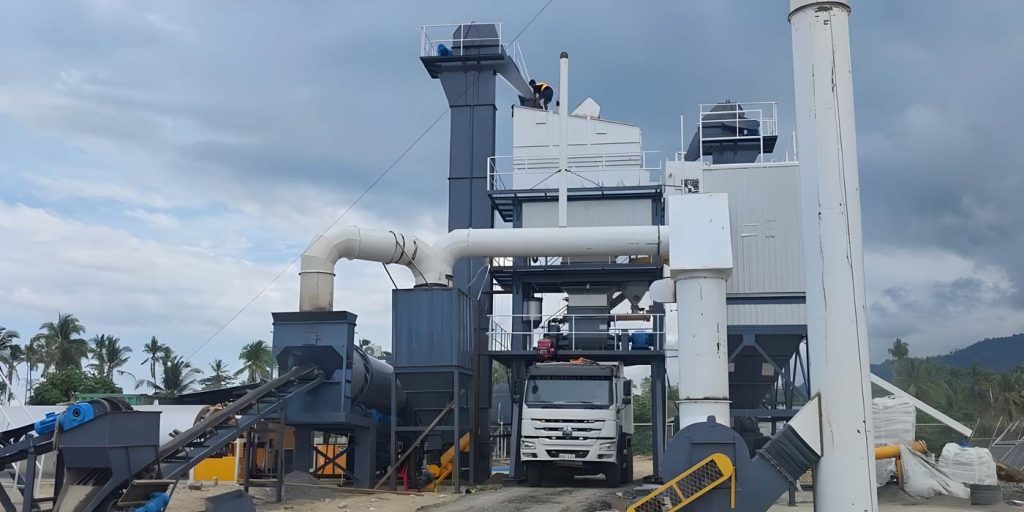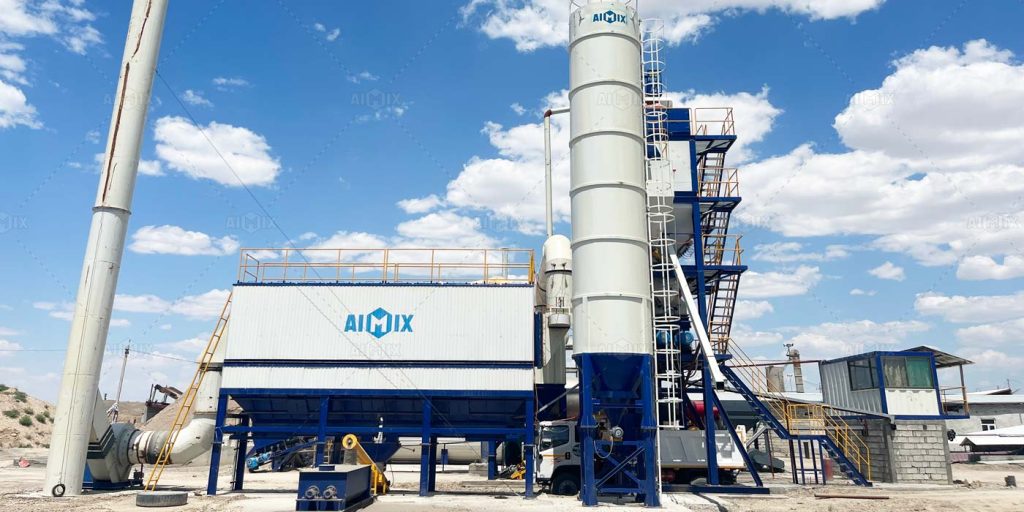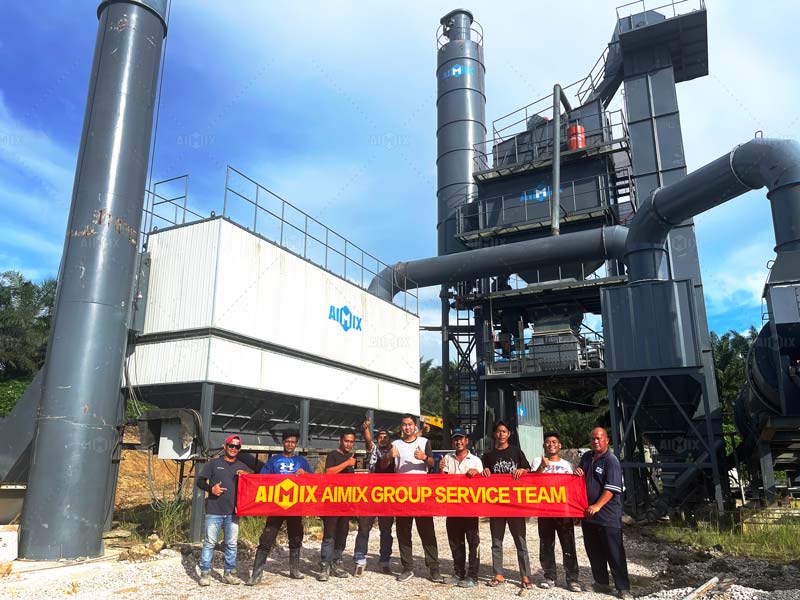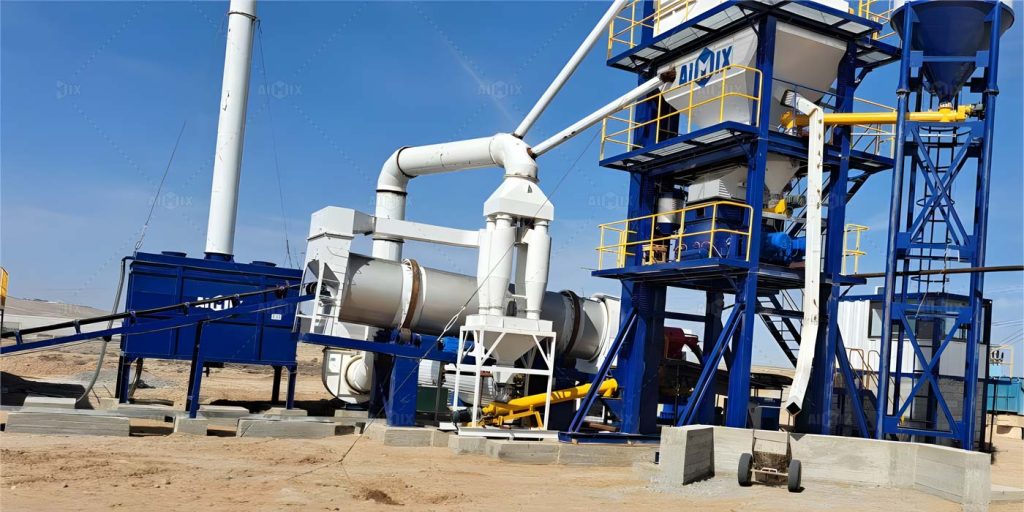Choosing the right asphalt plant for a highway project is crucial. The plant’s performance directly affects the quality of the asphalt produced, impacting the overall success of the project. With numerous options available, making an informed decision requires careful consideration of various factors. In this article, we will explore the key considerations that project managers and contractors should keep in mind when selecting an asphalt plant.

1. Production Capacity
One of the first factors to evaluate is the production capacity of the asphalt plant. Highway projects typically require a substantial amount of asphalt over a short period. Thus, selecting an asphalt batch plant near me with adequate capacity ensures that project timelines remain on track. Evaluate the expected volume of asphalt needed and compare it with the plant’s output capabilities. This assessment will help prevent delays caused by insufficient production.
2. Technology and Features
The technology employed in the asphalt plant significantly impacts the efficiency and quality of production. Modern plants often feature advanced technologies that enhance mixing efficiency and reduce energy consumption. For example, an asphalt drum mix plant with a counter-flow drum mixer can improve the quality of the asphalt by allowing for better heat transfer. Consider plants equipped with features like automatic control systems, which can minimize human error and enhance operational consistency.
Furthermore, assess the adaptability of the plant to different types of asphalt mixtures. Some projects may require specific mix designs, and having a plant that can accommodate these variations will streamline production processes. Choose a plant that offers flexibility without compromising on quality.

3. Location and Mobility
Another important consideration is the plant’s location relative to the project site. A stationary plant may offer benefits in terms of cost-effectiveness, but it may not be suitable for all projects. If the project involves multiple sites or is located in a remote area, a mobile asphalt plant could provide significant advantages. Mobility allows for quick setup and relocation, reducing transportation costs and time.
Assessing the accessibility of the plant is also crucial. Ensure that the selected location allows for easy transport of raw materials and finished asphalt. This consideration can prevent logistical issues that could hinder project progress.
4. Environmental Compliance
In today’s environmentally conscious world, compliance with environmental regulations is more important than ever. When selecting an asphalt plant, investigate its emissions control technologies. Look for plants designed to minimize emissions and reduce the environmental impact. Technologies such as baghouses for dust control and efficient burner systems can help meet stringent environmental standards.
Moreover, consider the plant’s ability to incorporate recycled materials. Using recycled asphalt can significantly lower production costs and reduce the environmental footprint of the project. This not only benefits the environment but can also improve the project’s public perception.

5. Maintenance and Support
Ongoing maintenance and support are vital for the longevity and efficiency of the asphalt plant. Evaluate the manufacturer’s reputation for service and support. Reliable maintenance can prevent costly downtime and ensure that the plant operates at peak performance. Look for manufacturers who offer comprehensive support packages, including training for staff and readily available spare parts.
Additionally, consider the ease of maintenance. A plant designed for easy access to critical components will simplify upkeep and reduce the time required for servicing. This can lead to a smoother operational flow throughout the project.
6. Cost Considerations
While the initial investment is a significant factor, it is not the only cost to consider. Evaluate the total cost of ownership, which includes operational and maintenance expenses. An asphalt plant with a higher upfront cost may offer savings in fuel efficiency and lower maintenance costs over time.
Compare various financing options as well. Some manufacturers may offer leasing programs or financing plans that make it easier to manage costs. Choosing the right financing can make a substantial difference in the overall budget for the highway project.

Conclusion
Selecting the right asphalt plant for a highway project involves careful consideration of multiple factors, including production capacity, technology, location, environmental compliance, maintenance support, and cost. By thoroughly evaluating these aspects, project managers can make informed decisions that will contribute to the success of their projects.
At AIMIX, we understand the challenges involved in selecting the right asphalt plant. Our plants are designed with advanced technology, high production capacity, and robust support services to meet your needs. Contact us today to learn more about our asphalt plants and how we can help ensure the success of your next highway project! Get the asphalt equipment price now!